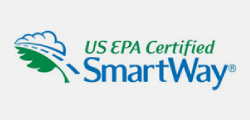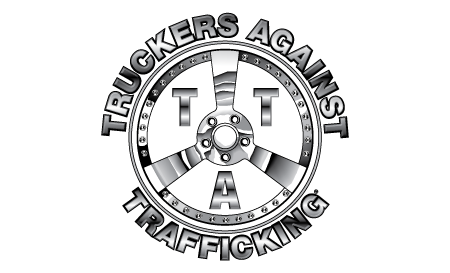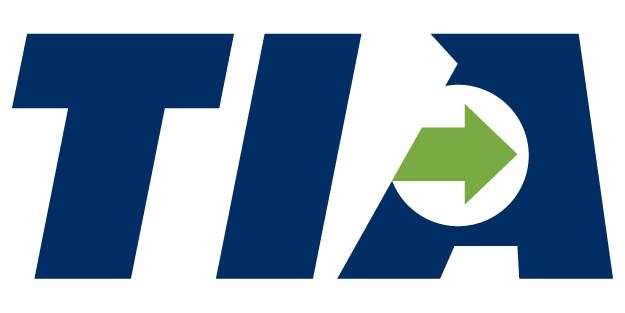SENATE APPROPRIATIONS COMMITTEE ADVANCES THUD BILL
On September 19, 2019, the Senate Committee on Appropriations approved the Transportation, Housing and Urban Development (THUD) fiscal year 2020 spending bill. The measure – which provides funding to improve transportation infrastructure development, housing assistance, and community development – was approved by a vote of 31-0. TIA is happy to report that the controversial CSA Policy Rider that was included in the House bill was NOT included in the Senate version.
TIA has spent a lot of political capital and time lobbying against this provision. The fight is not over as the House approved bill contains the CSA language, but it makes it a lot easier if this bill makes its way to a conference committee or an omnibus package to not have it in the Senate bill. We will continue to make sure this provision does not become law.
The bill did contain a section that prohibits the FMCSA from using funds to enforce the ELD mandate on livestock and insect carriers, essentially continuing this exemption. This provision is not controversial and bipartisan.
Other key highlights in terms of transportation include:
Transportation –$86.6 billion in total budgetary resources for the U.S. Department of Transportation (DOT) for FY2020, which is $167 million above the FY2019 enacted level. The total funding for DOT includes $25.3 billion in discretionary appropriations and $61.3 billion in obligation limitations. Funding is prioritized for programs that improve the safety, reliability, and efficiency of the transportation system.
- BUILD Grants – $1 billion for Better Utilizing Investments to Leverage Development (BUILD) grants.
- Highways – $46.3 billion in obligation limitation from the Highway Trust Fund for the Federal-aid Highways Program, consistent with the FAST Act. In addition, the bill includes $2.7 billion discretionary appropriations for highway programs, of which $1.25 billion is for the Surface Transportation Block Grant funds and for the elimination of hazards at railway-highway grade crossings, and $1.25 billion is for bridge repairs in small states with high rates of bridges not in good condition. The bill also provides $100 million for the Appalachian Development Highway System and $100 million for the Nationally Significant Federal Lands and Tribal Projects grant program. The bill maintains flexibility for State Departments of Transportation to repurpose some stagnant project funding for current infrastructure projects.
- Aviation – $17.7 billion in total budgetary resources for the Federal Aviation Administration (FAA), which fully funds all air traffic control personnel, including more than 14,000 air traffic controllers, and more than 25,000 engineers, maintenance technicians, safety inspectors, and operational support personnel. The bill fully funds the Essential Air Service program for all communities as well as the Contract Towers program.
- Aviation Safety: The bill increases funding for aviation safety by $31.8 million above the budget request, requires FAA to respond to all Inspector General and National Transportation Safety Board investigations and audits, and requires FAA to finalize its rulemaking on safety management systems for aircraft manufacturers.
- Rail – $2.8 billion for the Federal Railroad Administration (FRA). This includes $2 billion to Amtrak for the Northeast Corridor and National Network, continuing service for all current routes. The bill also provides $255 million for the Consolidated Rail Infrastructure and Safety Improvement grants program, $300 million for Federal-State Partnership for State of Good Repair grants, and $2 million for Restoration and Enhancement grants.
- Transit – $13.0 billion for the Federal Transit Administration (FTA). Transit formula grants total $10.1 billion, from the Mass Transit Account of the Highway Trust Fund, consistent with the FAST Act. In addition, $560 million is provided from the general fund for transit infrastructure grants. The bill provides a total of $1.978 billion for Capital Investment Grants (CIG), fully funding all current “Full Funding Grant Agreement” (FFGA) transit projects, as well as new projects that have met the criteria of the CIG program.
- Maritime – $904 million for the Maritime Administration to increase the productivity, efficiency, and safety of the nation’s ports and intermodal water and land transportation. This includes $300 million for the Maritime Security Program, $91.6 million for the Port Infrastructure Development Program, and $300 million for the third National Security Multi-Mission Vessel. This training ship is essential for the State Maritime Academies to provide the nation with a strong merchant marine workforce.
- Safety – The legislation contains funding for the various transportation safety programs and agencies within the U.S. Department of Transportation. This includes $972 million in total budgetary resources for the National Highway Traffic Safety Administration and $679 million for the Federal Motor Carrier Safety Administration. The bill continues to delay electronic logging device enforcement for livestock and insect haulers. The bill also includes $278 million for the Pipeline and Hazardous Materials Safety Administration to help address safety concerns related to recent pipeline and crude oil by rail accidents.
If you have any questions, please contact TIA Advocacy ([email protected], 703.299.5700).













